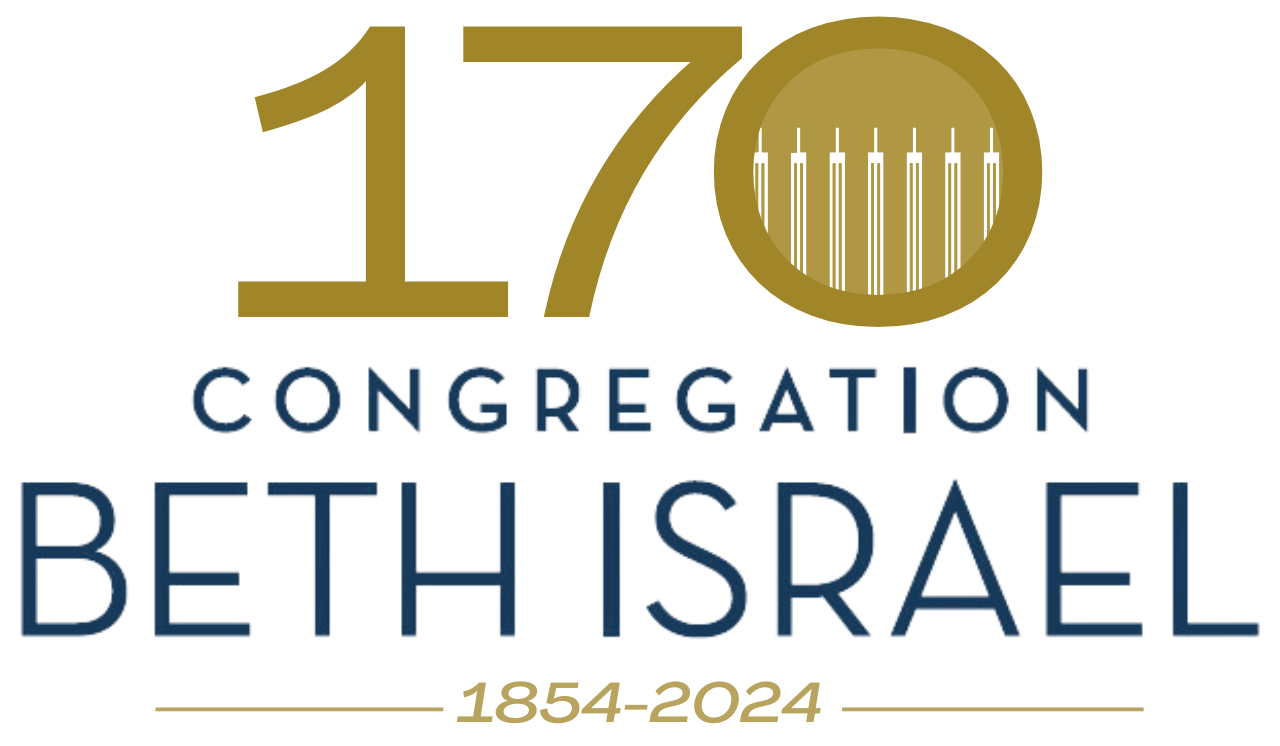Listening is Caring
Listening is Caring
From the desk of Rabbi David Lyon
“Listening is Caring”
On a recent Monday night, Lisa and I went to a nice restaurant. Monday is our date night. When we were seated at the table, I suddenly remembered that I failed to bring a Lactaid pill for my lactose intolerance (I often remember that I forgot as soon as we leave the driveway). It meant that I would have to order very carefully. When the waiter arrived at the table, he took our order and asked politely if there were any food allergies or restrictions. “Yes,” I told him, “I’m lactose intolerant. Please, no dairy.” He explained that he’d tell the chef. Dinner was delicious. Then came dessert and coffee, which I rarely decline. When I ordered coffee, the waiter asked me, “Would you like cream with your coffee, sir?”
It’s a small thing, really, but my expectation was that the waiter not only heard me, but he also listened to me. Thankfully, I drink my coffee black, but it didn’t stop me from rolling my eyes slightly. It’s still a small thing, but it points to an irritating tendency we’re guilty of doing, too, and often without knowing it. We hear but we don’t listen. It’s too bad, because we all crave to be heard by someone who really listens and always “gets us.”
Hearing is one of our senses, but listening is a skill. Listening, really getting somebody, requires caring about them. A grandchild once told me that his favorite memory of his grandmother was that she listened to him as if no one else existed in the world. I explained to him that his grandmother listened because she cared deeply about him. He smiled when I said that. The same is true between spouses, friends, and even strangers at Starbucks.
Martin Buber, a 20th century Jewish theologian, explained that “all real living is encounter.” He taught that every encounter with another person is potentially an I-Thou relationship. It occurs when we share time with someone without judgment or criticism and without using the relationship to serve us. The highlight is that we discover the Eternal Thou (God) within the I-Thou relationship. But, Buber taught, once we become aware of the I-Thou encounter it reverts to what he called an I-it relationship. In I-it, we judge and evaluate the encounter. Buber taught that while the Eternal Thou is always present, it is we who are often absent.
It’s the Eternal Thou that the grandson felt with his grandmother when she listened intently without judgment or criticism. It’s why hours together felt like minutes. It’s the Eternal Thou that floods our hearts with strong feelings when we engage our spouse with loving words without judgment. The Kabbalists (Jewish mystics) taught that the Shechinah, the Divine presence, joins with spouses engaged in lovemaking.
At the restaurant, I really only wanted coffee without cream, and I would have been thrilled had he cared enough to know. We need someone to listen to us in restaurants, at the grocery store, at airport security, on line at the bank, or, God help us, at the DMV. All the more so, we need someone to listen to us at home and between new or familiar friends. This week, strive to listen because you care. Strive to be present before the Eternal Thou in moments of encounter with others.
Rabbi David A. Lyon is Senior Rabbi at Congregation Beth Israel in Houston, TX. Rabbi Lyon serves on the Board of Trustees of the Central Conference of American Rabbis and chairs its professional development committee. He is the author of God of Me: Imagining God Throughout Your Lifetime (Jewish Lights, 2011) available on Amazon.com. He can be heard on “iHeart-Radio” KODA 99.1 FM every Sunday at 6:45am CST. Listeners around the greater Houston area, and now the internet, tune in to hear his words about life and its meaning from a Jewish point-of-view. Each radio program is available as a Podcast, called “Heart to Heart with Rabbi David Lyon”. Click here to listen online, or download the iHeartRadio app.
